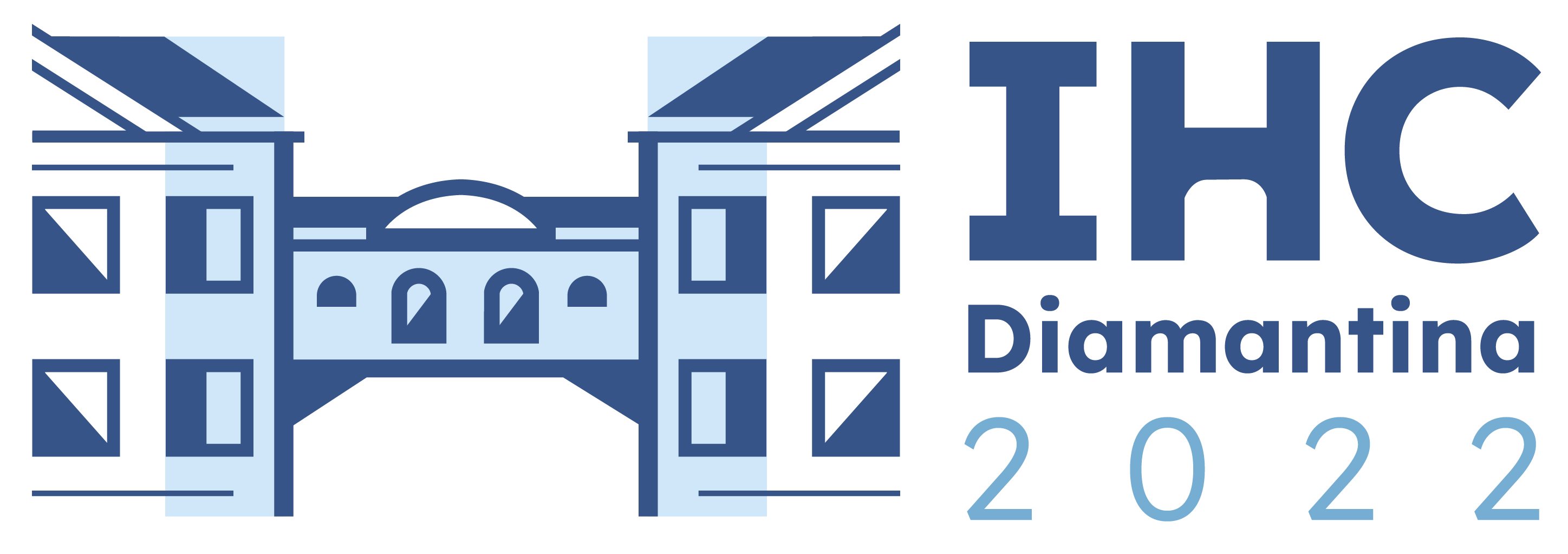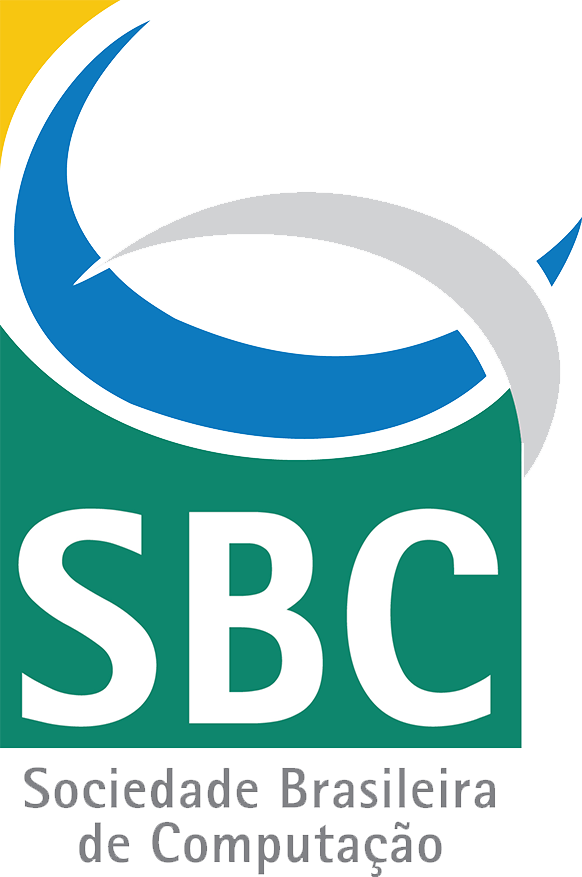Papers submitted to the Research track must have up to 10 pages, excluding references.
Submissions can be written in English or Portuguese, and must be anonymous.
We strongly recommend using Overleaf’s Latex template (acm-sigconf file).
If you prefer, you can work directly with Latex source files.
Optionally, you can use the MS-Word template.
When producing your article, we recommend you consult the article Quick Guide to Anonymous Submission: protect your identity correctly, published in SBC Horizontes, authored by Prof. Mirella Moro.
Before submitting the article, we ask that you make sure you meet the following formatting requirements:
- Ensure the title is in English only;
- Ensure that the keywords are only in English;
- Ensure that the abstract is in English only and that this section title is defined as “abstract”;
- Ensure that the “CCS Codes” section is defined according to the ACM standard;
- Ensure that there is an “ACM reference format” section, according to the template;
- Ensure the header of even pages contains the name/date/location of the event on the left side and names of the authors on the right;
- Ensure that the header of odd pages contains the title of the article on the left and name/date/location of the event on the right;
Papers must be submitted electronically in PDF format, using the JEMS system. By submitting your article, you declare that you are responsible for any aspect of the work involving experiments on people was conducted following ethical research standards and guidelines, including ethical approval from all relevant bodies, where necessary.
We strongly encourage you to pay attention to the accessibility of articles produced in digital format. We recommend using the CHI 2021 Guide to produce accessible articles and the guide produced by the UNIRIO Accessibility and Usability Center.
Coauthors of an accepted article must fill out forms sent by the publication coordinator on the stipulated dates to speed up the publication process. Such forms will be sent to the person listed as the primary contact and must be answered only once by that same person.
Please pay attention to the format of the indicated references. They must contain the authors’ full name (according to the template). References are numbered and ordered alphabetically by the first author’s last name.

